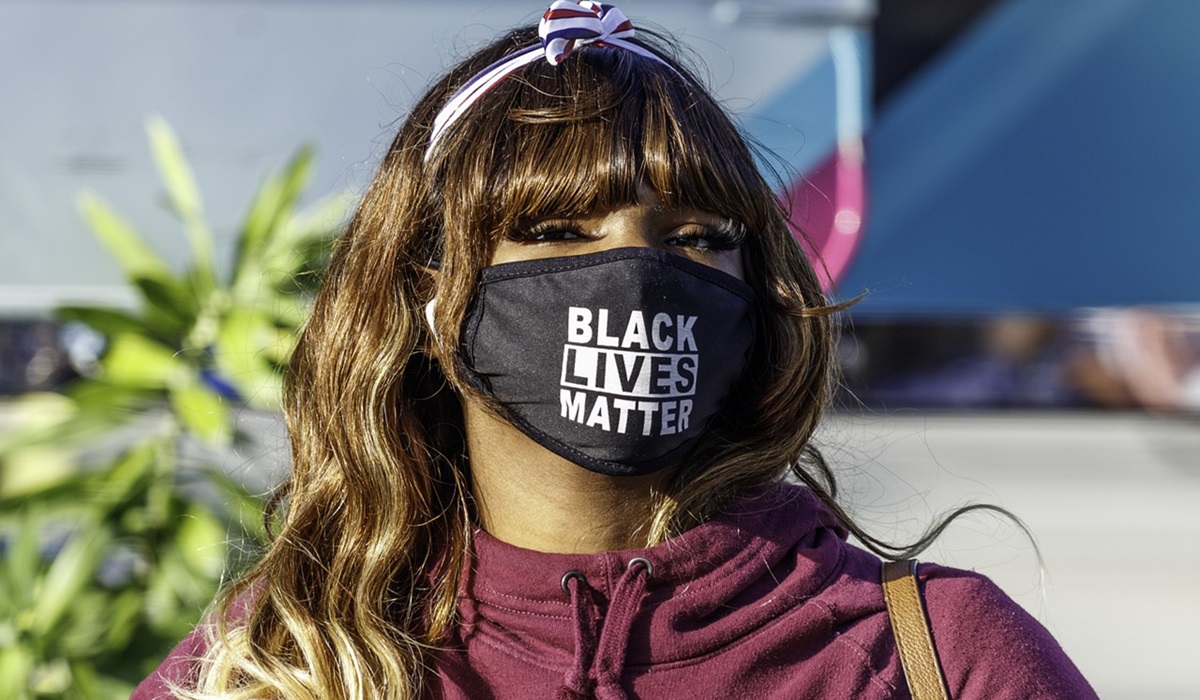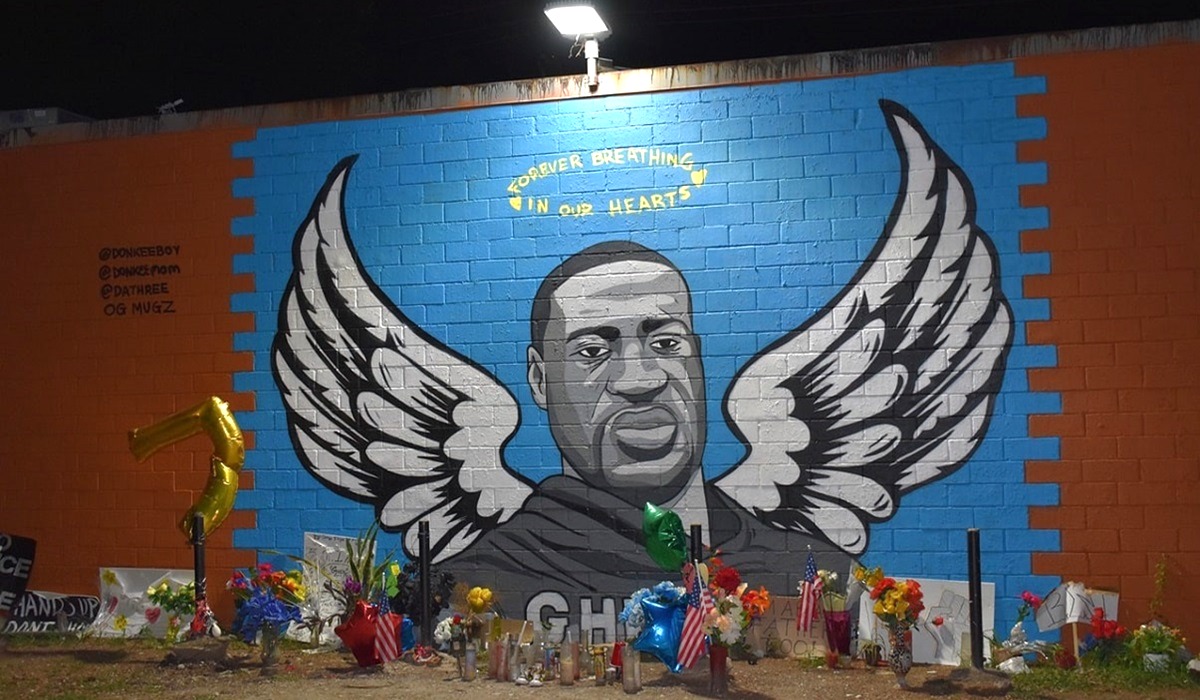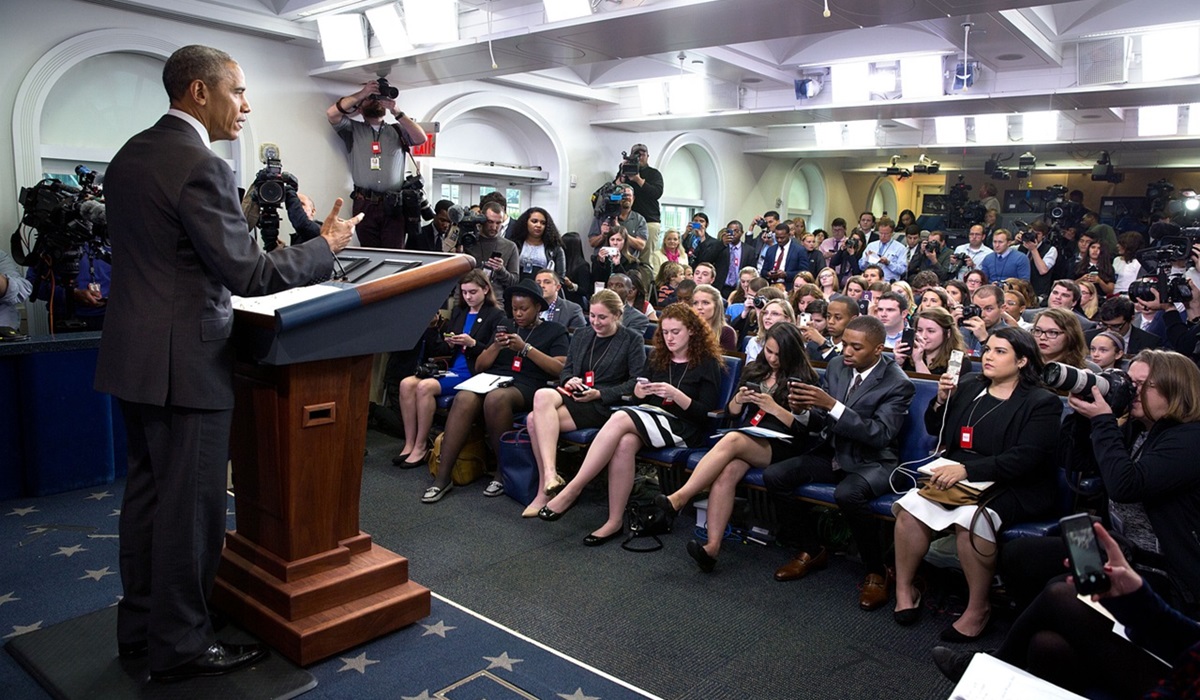Artist Credit, @donkeeboy, @donkeemom, @dathree, OG Mugz
Today marks the fourth anniversary of the tragic murder of George Floyd, whose desperate cries of “I can’t breathe” have become a haunting emblem of systemic racial injustice. On May 25, 2020, Floyd’s death at the hands of Minneapolis police officer Derek Chauvin ignited a global outcry and sparked an urgent demand for change. This watershed moment galvanized the Black Lives Matter movement and spurred widespread calls for police accountability and reform. Charitable organizations, such as the George Floyd Foundation and the Hope 929 Foundation, founded by Floyd’s uncle, sprang into action, advocating for justice and equality. Yet, four years on, the pressing question remains: has America made meaningful progress in addressing police brutality?
The simple answer might be “no,” but this would overlook the significant, albeit uneven, changes that have occurred in the wake of Floyd’s death. The movement for police reform has seen both strides forward and persistent challenges, reflecting a complex and ongoing struggle for justice.
In the immediate aftermath of Floyd’s death, there was a palpable shift in the national discourse around policing. Calls for defunding the police, which emerged as a rallying cry for many activists, aimed to reallocate resources from police departments to community-based services and alternative public safety measures. Although this idea faced significant pushback and was not widely adopted, it did succeed in sparking critical conversations about how police budgets are allocated and the role of law enforcement in society.
Several cities and states implemented new policies aimed at increasing police accountability and transparency. Body-worn cameras became more prevalent, and many departments introduced bans on chokeholds and no-knock warrants. The establishment of civilian oversight committees and the expansion of de-escalation training programs also signaled a commitment to rethinking traditional policing methods.
The George Floyd Justice in Policing Act, introduced in Congress, sought to address many of these issues at the federal level. Although it has not yet been passed, the bill includes provisions for banning chokeholds, limiting qualified immunity for police officers, and creating a national registry of police misconduct.

Despite these efforts, the journey toward substantial reform has been fraught with obstacles. One of the most contentious issues has been the increasing budgets of police departments. In Minneapolis, where George Floyd was killed, the police budget has actually grown in the years since his death. This increase highlights a broader trend across many American cities, where funding for law enforcement remains robust despite calls for reallocation.
Critics argue that simply pouring more money into police departments without addressing the underlying issues of systemic racism and accountability is insufficient. While better training and equipment might help, they contend that true reform requires a fundamental rethinking of the role of police in communities, particularly those of color.
Organizations like the George Floyd Foundation and the Hop 929 Foundation have played crucial roles in keeping the conversation about police reform alive. These groups provide support to affected families, advocate for policy changes, and promote community programs designed to build trust between law enforcement and the communities they serve.
The Black Lives Matter movement, too, has continued to amplify the voices of those demanding justice. Their sustained activism has kept pressure on policymakers and has led to increased awareness and dialogue about racial inequality and police violence.
As the nation reflects on the four years since George Floyd’s death, it is clear that while progress has been made, much work remains. The increased budgets for police departments underscore the need for a balanced approach to reform—one that includes both accountability measures and a reimagining of public safety that goes beyond traditional policing.
Calls for defunding the police may not have led to widespread budget cuts, but they have succeeded in highlighting the need for thoughtful and targeted use of police resources. This includes investing in mental health services, housing, education, and other community-based initiatives that address the root causes of crime and social unrest.
The anniversary of George Floyd’s death is a solemn reminder of the urgent need for continued vigilance and action. The goal is not just to prevent another tragedy like Floyd’s, but to build a society where justice, equality, and respect for all individuals are paramount. This requires a collective effort from law enforcement, policymakers, activists, and communities alike.
The hope is for a future where no more lives are lost to police brutality, where individuals are judged not by their appearances but by the content of their character, and where harmony and mutual respect prevail. As we honor George Floyd’s memory, let us strive to make this vision a reality for all Americans.









